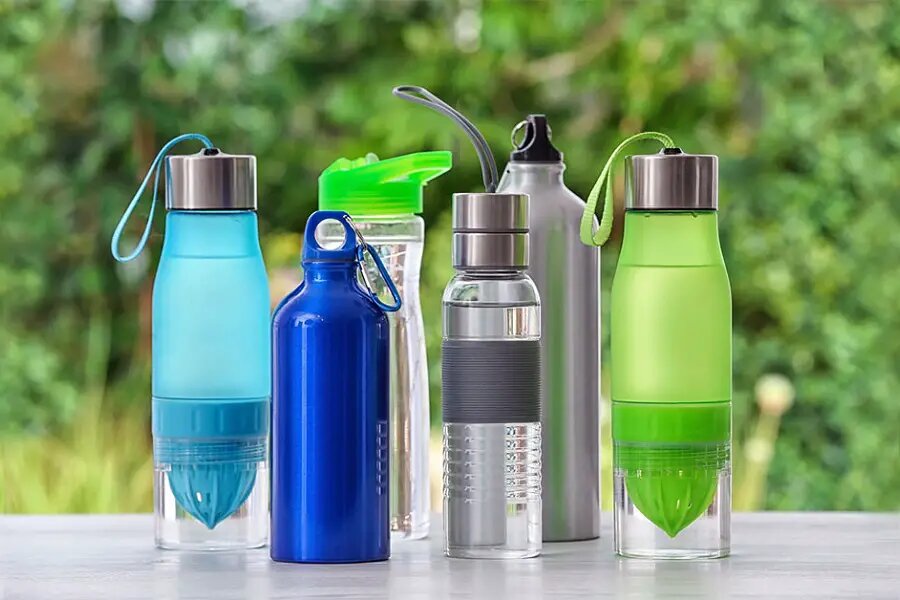
Balancing Eco-Friendliness with Overconsumption: A Look at the Reusable Water Bottle Trend
- By apentengcollins
- August 29, 2024

Have you ever walked into a secondhand store and noticed the shelves packed with Stanley cups, Hydro Flasks, and reusable Starbucks mugs? It’s a bit ironic, isn’t it? These items were designed to be eco-friendly alternatives to disposable products, yet here they are, discarded in droves. This raises an important question: If reusable water bottles were meant to help save the planet, why are so many of them ending up as waste?
The Rise of Reusable Water Bottles
Over the past few decades, awareness about climate change has grown significantly. In fact, about 60% of customers say they’re willing to pay more for products that are sustainably packaged. While this sounds promising, there’s a catch. Many of the same corporations responsible for large-scale emissions have cleverly shifted the burden of reducing carbon footprints onto us, the consumers. And how did they do it? By convincing us that we can buy our way to a more sustainable future.
The reusable water bottle market is a perfect example of this. It’s exploded in recent years, with the market worth $9.28 billion in 2023 alone. Companies like Stanley have seen their profits soar—from $74 million in 2019 to $750 million in 2023—thanks to the demand for eco-friendly products. On the surface, this seems like a win for the environment. After all, switching from single-use plastic bottles to reusable ones should reduce waste, right?
How Reusable Water Bottles May Increase Waste
Here’s where things get tricky. While the intention behind reusable water bottles is good, the way they’ve been marketed is another story. Instead of simply being tools for reducing waste, they’ve been turned into trendy, must-have items—much like designer fashion. We’re encouraged to collect them in different colors, match them with our outfits, and even participate in social media “unboxings” when a new design drops.
But what happens when that trendy bottle doesn’t match our style anymore? We toss it aside and buy a new one. This cycle of overconsumption is creating a new kind of waste problem—one that’s just beginning to show its true impact.
Tactics to Balance Eco-Friendliness and Overconsumption
So, what can we do to strike a balance between staying eco-friendly and avoiding overconsumption? Here are a few ideas:
Many people might not realize that their collection of reusable bottles is contributing to environmental harm. Take the time to learn from reputable sources and share that knowledge with your community. It might feel awkward to bring it up, but it’s important to help others understand the impact of their actions.
If you’re someone who loves collecting reusable bottles, consider setting some boundaries. Instead of donating your extras to places where they might sit unused, try regifting them to someone who can really use them. And if you do want to buy a new bottle, make a plan to responsibly replace an old one rather than adding to your collection.
Sometimes, the urge to buy new comes from wanting something fresh and shiny. Instead of buying a new bottle, try refreshing the one you have. Clean it regularly to keep it looking and tasting great, or customize it with stickers and decals to give it a new look.
Don’t underestimate the power of your voice. Reach out to companies like Stanley, Nalgene, or S’well and let them know your concerns about how their marketing strategies might be encouraging overconsumption. Encourage them to focus on quality over quantity and to promote more sustainable behaviors.
Reusable water bottles are just one example of how overconsumption can sneak into our lives. Whether it’s buying the latest WaterTok flavor sachets or participating in fast fashion, take a moment to reflect on your own habits. Being a more conscious consumer will benefit you and the planet in the long run.
Reverting Reusable Reputations
At the end of the day, no one wants reusable products to gain a reputation for being just as harmful as their single-use counterparts. It’s up to each of us to use these items responsibly and encourage others to do the same. Remember, the climate matters far more than how many likes you can get on TikTok for showing off a limited-edition cup.
Source: greener ideal
Connect with us on Instagram